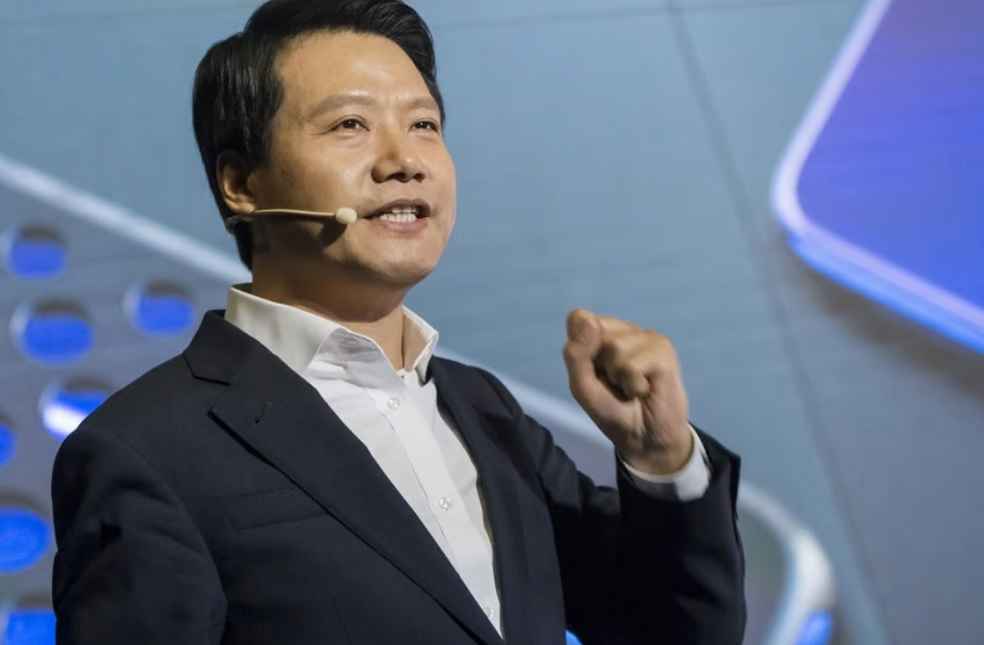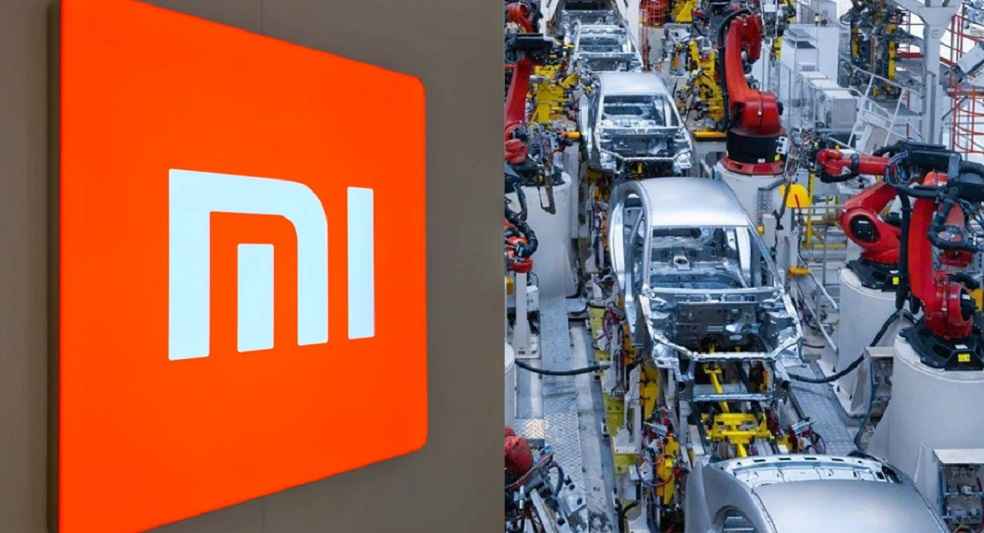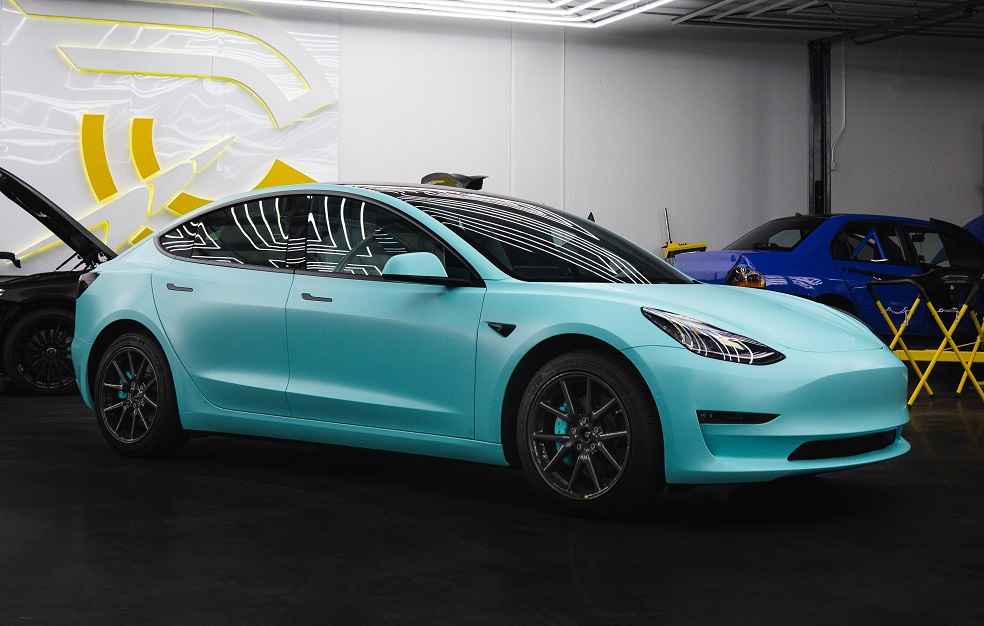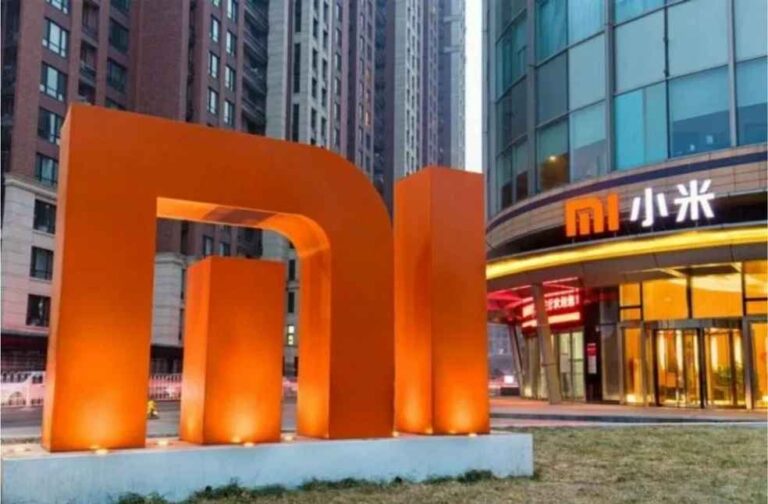Chinese tech behemoth, Xiaomi, disclosed significant top-level executive changes ahead of its anticipated mass production of electric vehicles (EVs). With the inaugural EV launch earmarked for the first half of 2024, the strategic appointments and executive changes reflect the company’s image in the increasingly competitive EV sector.

Huang Zhenyu, formerly Vice President of Xiaomi’s automotive department, has embraced an expanded role as General Manager of the supply chain department within the same division. Zhenyu, who will now report directly to Lei Jun, the CEO of Xiaomi’s automotive department, is a valuable addition from the auto parts industry, having served as Vice President in the China region at Magna, a distinguished global supplier. His extensive experience and insight into the automotive industry are expected to catalyze the successful growth of Xiaomi’s automotive division.
Li Xiaoshuang, Vice President of Xiaomi’s Automotive Division, is another pivotal player in the reshuffle. Previously serving as the General Manager of Xiaomi Group’s home appliances department, Xiaoshuang now has shifted his focus to market operations in the automotive division. His new role as General Manager of the Auto Marketing Department entails him reporting directly to Lei Jun. Xiaoshuang’s years of experience within the company positions him to drive Xiaomi’s auto marketing strategies effectively.

Interestingly, prior reports suggested that Wen Fei, a senior executive from Great Wall Motors, was supposed to spearhead the marketing department. This move, however, has been overturned, and marketing tasks are now reassigned to Xiaomi’s core team.
The company’s co-founder and Chief Executive, Lei Jun, communicated at China’s recent parliamentary gathering that Xiaomi’s vehicle manufacturing initiative has been proceeding better than expected, having invested over 3 billion yuan ($434.3 million) in 2022. Jun’s involvement in the project is underscored by him dedicating half of his work time to the EV venture, further emphasizing the initiative’s importance to Xiaomi.

Despite the company not officially unveiling its first EV, a series of images leaked online in January suggested the car’s design. The anticipated EV, named the MS11, is a slick-looking sedan with an exciting design, roof-mounted LiDAR sensor, and flush door handles. The EV’s aesthetic appeal, however, is just the tip of the iceberg as it needs to showcase impressive specs and advanced technology to stay afloat in the highly competitive Chinese EV market. Speculations suggest CATL and BYD supplying the batteries and Xiaomi producing the electric motors.
Xiaomi’s journey into the automotive industry, announced in early 2021, has seen steady progress. With its strategic leadership changes and the successful completion of recent winter testing, the company’s first car launch draws ever closer.
NEW LAUNCH: Kia Gears Up for 2025: Aiming to Disrupt Australia’s Pickup Truck Market





